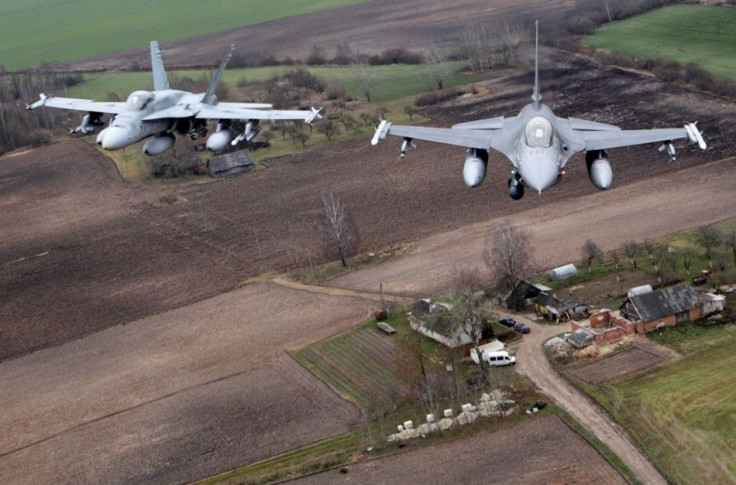NATO Member Lithuania Publishes War Survival Manual To Prepare Citizens Vs Russia

Lithuania, a member of the global military alliance NATO, has taken the bloc's escalating tensions with Russia seriously by publishing and distributing a manual to its citizens that will educate and prepare them what to do in the event Moscow finally decides to invade them.
In any and every war, yes gunshots will be heard and they will surely be many. But gunshots just outside one's window do not mean "the end of the world." Perhaps not yet. "Keep a sound mind, don't panic and don't lose clear thinking," the manual said.
The 100-page manual, Lithuania's Defence Ministry said, will be sent to libraries by next week. It will be given out during army events. Titled "How to act in extreme situations or instances of war," its sole purpose is to educate the country's citizens on what to do in the case of an invasion, Lithuanian Defence Minister Juozas Olekas said. Copies will also be given to secondary schools and non-governmental organizations. Lithuania made sure all corners are covered, by releasing an online version as well, available for download, from the Defence Ministry's website.
The manual highly encourages the citizens to hold demonstrations and strikes, and that they must be sure to hold them in a manner that is "worse than usual" to signify their strong discontent against foreign occupation. It also advised citizens to carry out cyber-attacks against the enemy and to use with no restraint the social media such as Twitter and Facebook for this purpose.
"When Russia started its aggression in Ukraine, here in Lithuania our citizens understood that our neighbour is not friendly," Olekas told Reuters. "The examples of Georgia and Ukraine, which both lost a part of their territory, show us that we cannot rule out a similar kind of situation here, and that we should be ready." He added the government might strongly require all future building construction to incorporate a bomb shelter on the premises.






